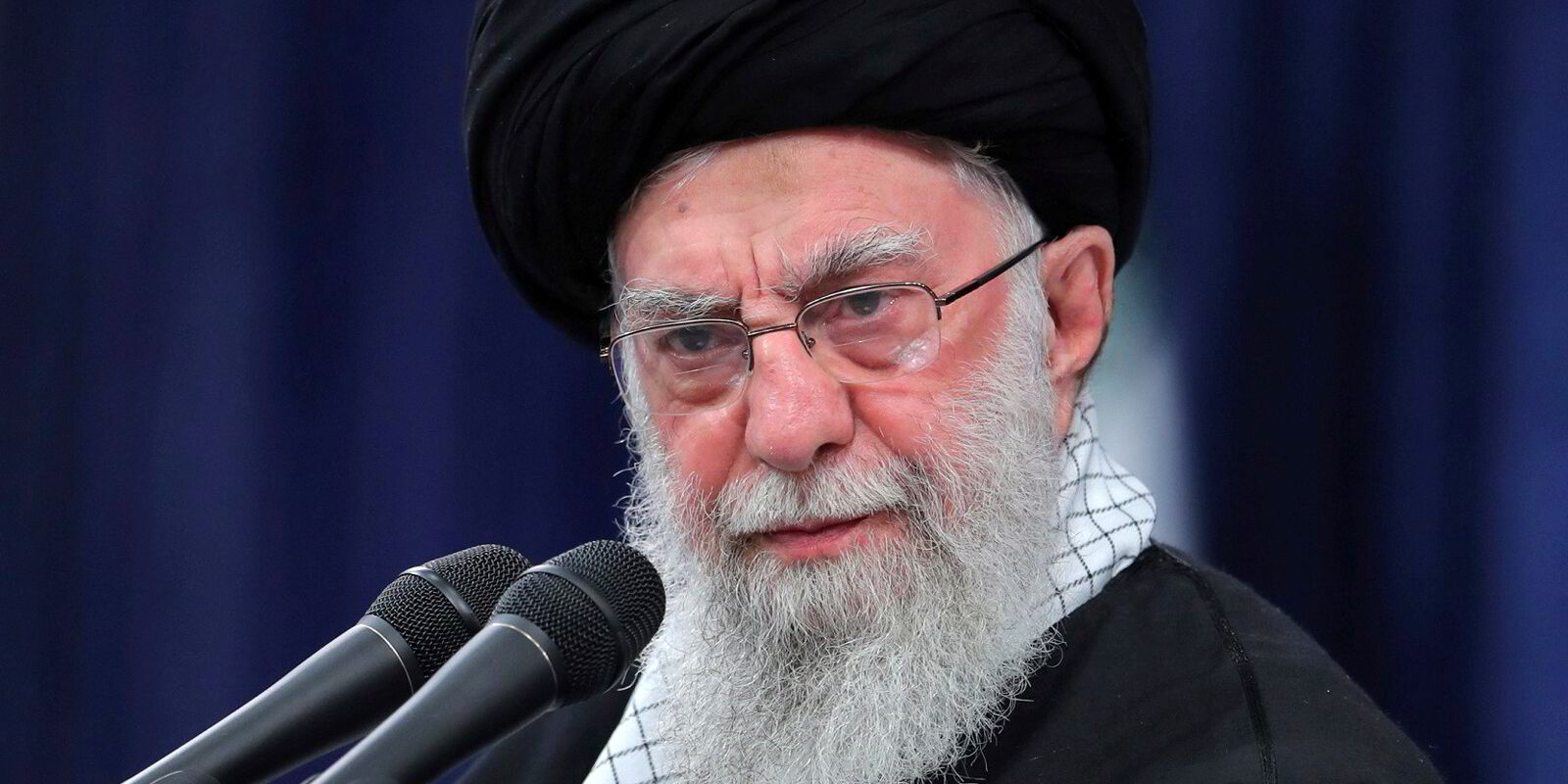Any disruption in the Strait of Hormuz as a conflict between Israel and Iran spirals would likely be worse for global shipping markets than the Red Sea crisis, analysts say.
Tensions between Israel and Iran have been simmering over into outright conflict, with Tehran launching almost 200 missiles at Israel on Tuesday evening in response to the killing of Hezbollah leader Hassan Nasrallah last week and Hamas chief Ishmael Haniyeh in July.
Tanker shares responded to the news with a surge during afternoon trading in the US on Tuesday and there was some upward momentum in European equities today.
Between 25% and 35% of global crude volumes are shipped through the strait, and any attempt by Iran to cut off the vital waterway would have a “significant impact” on oil markets, argues Norwegian investment firm ABG Sundal Collier.
Shipping has already been pulled into the conflict, with Iran-backed Houthi rebels waging war on vessels in the Red Sea for almost one year.
Unlike the Cape of Good Hope route for the Red Sea, there are no alternative waterways to divert shipments of oil away from the Strait of Hormuz, making it more vulnerable, according to ABG analysts Peter Haugen, Oliver Dunvold and Martin Mauseth.
The flow of oil through the Strait is also substantially larger than the Red Sea, the analysts said.
Saudi Arabia’s East-West crude pipeline is a means of getting crude out by land, as is a pipeline linking oilfields in the United Arab Emirates to the port of Fujairah, the report said.
“A closure of Hormuz will likely have a much more significant impact on the oil market than the ‘closure’ of the Red Sea as the alternatives to get oil to the global market is much more limited,” ABG said.
Another crucial difference that could impact tankers is the Red Sea rerouting has benefited rates by adding tonne-miles, whereas a closure of the Strait of Hormuz would potentially hit demand for seaborne shipments of oil.
The analysts note some possible benefits for markets, including greater inventory releases from oil-exporting countries such as the US.
But the disruption would likely be enough to bring about the oversupply of ships, they added.
The impact on product carriers is less certain, the report pointed out. But “given the substantial volumes, likely net negative”.
“Initially, it will be huge differences between regional markets as the demand, and urgency, for ships in some places will sharply increase, while it obviously will decline out of [the Middle East].”
In a client note, Clarksons said rising tensions in the Middle East along with higher oil prices could boost shipping activity.
“Speculation about tighter sanctions on Iran, whose oil is largely transported by the shadow fleet, could potentially drive up demand for regular tankers.”
Jefferies said the widening conflict in the Middle East “raises the risk premium in the energy markets as seen with Brent crude oil prices and has made its way into the tanker market as well”.
“While VLCC spot rates are little changed at around $33,000/day (non-eco) globally, FFAs have jumped with the forward November contract trading at an average implied rate of $53,000/day up from $48,000/day earlier this week.
“There are several variables at play that make it difficult to assess the impact of a broadening conflict in the Middle East. As of now, the heightened sensitivity could lead to a pull-forward of oil cargo buying and tanker bookings.”
Read more
- Escalation: Houthis tie latest ship attacks to Lebanese invasion as Iran attacks Israel
- Houthis resume attacks on shipping in Red Sea with two vessels targeted
- Zim shares soar to 52-week high as US port strike adds latest disruption to benefit company
- Month-long fires on Greek tanker attacked by Houthis in Red Sea finally put out
- Shipping sounds Red Sea alarm as Middle East tensions simmer





